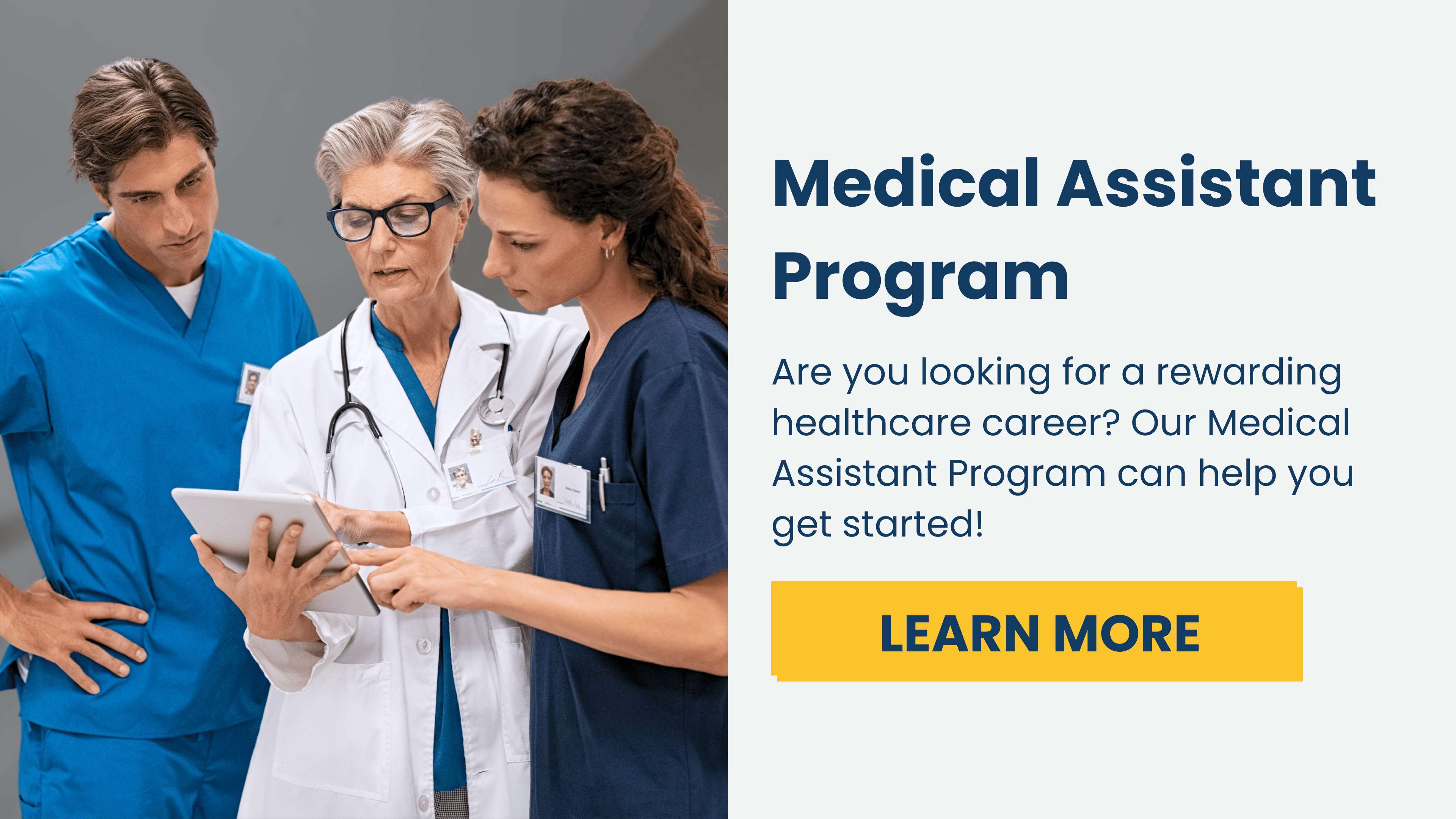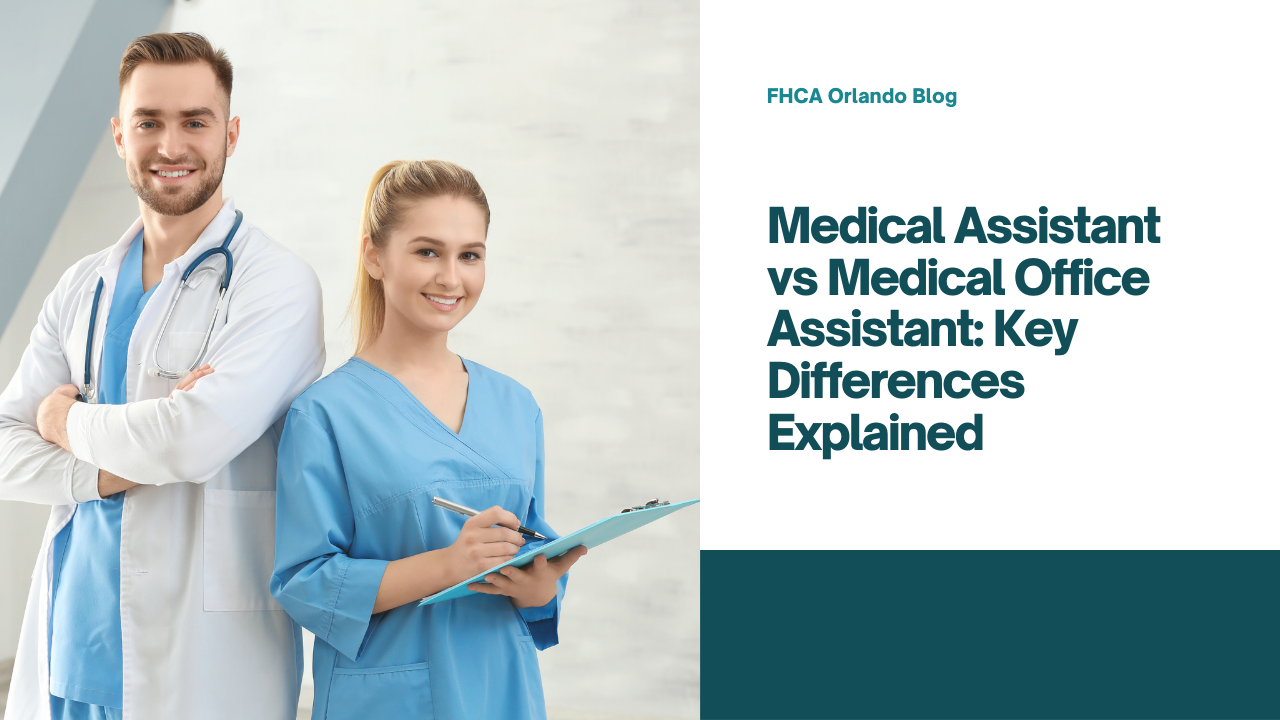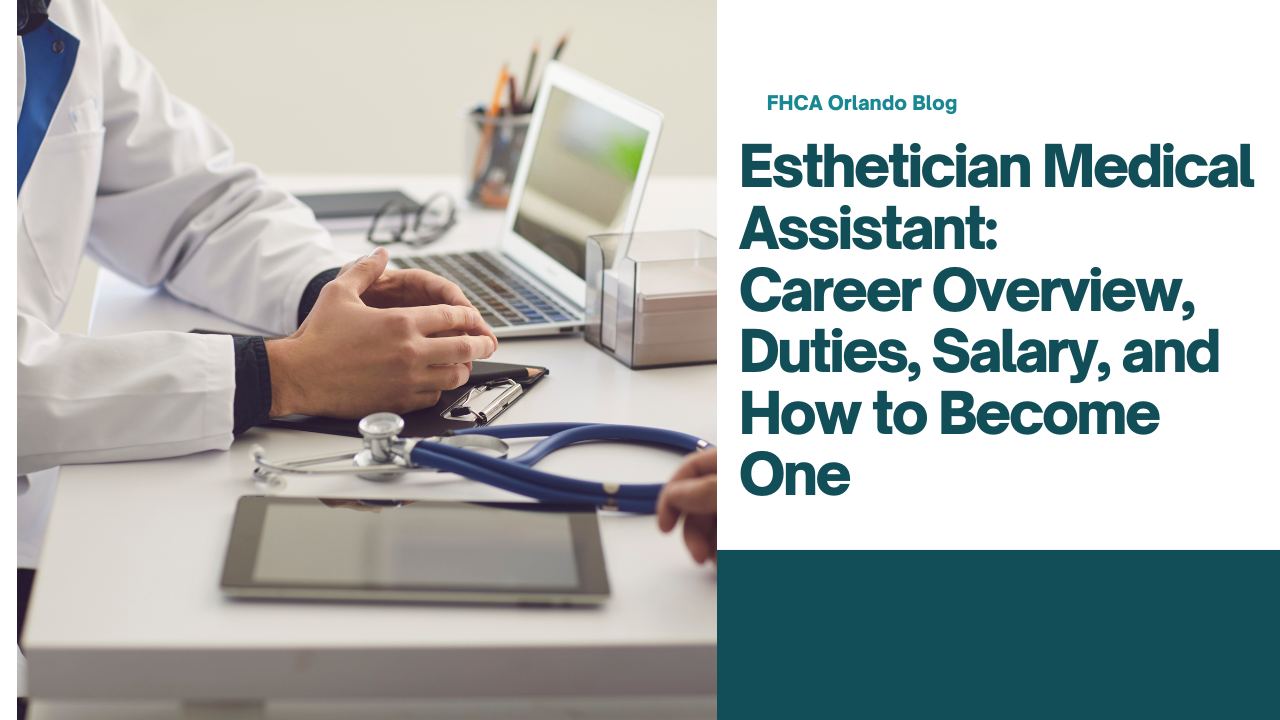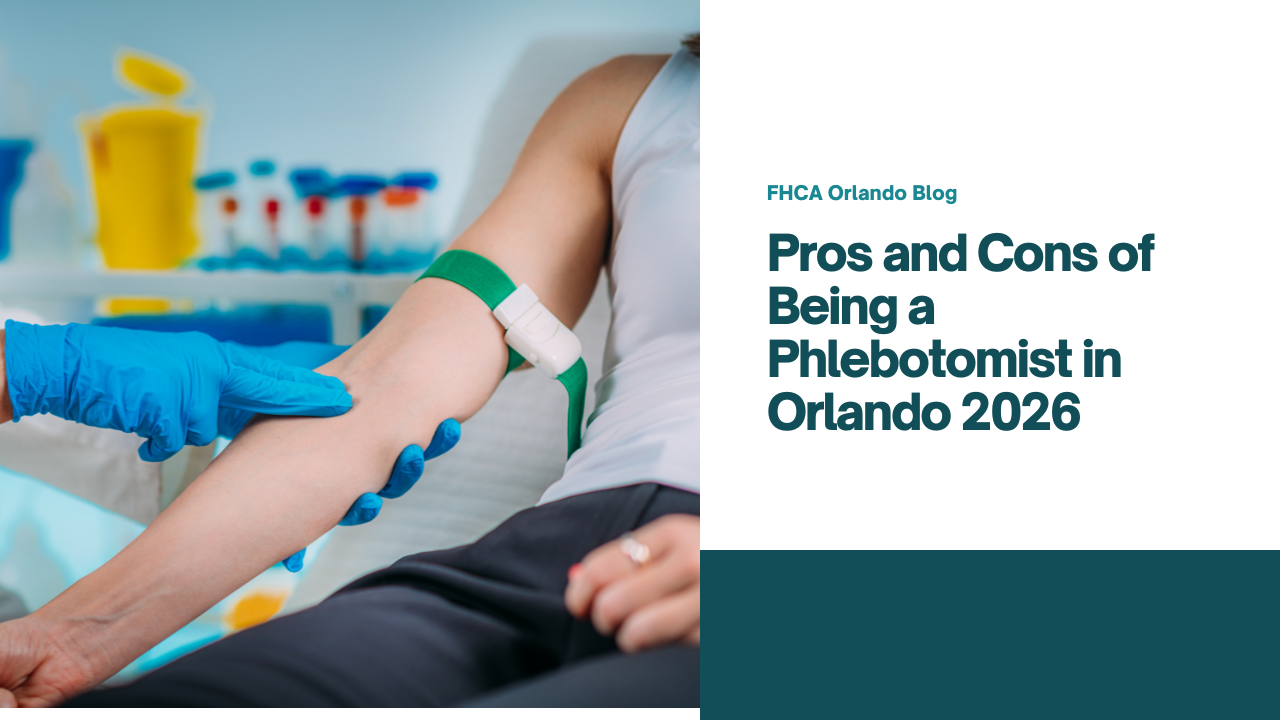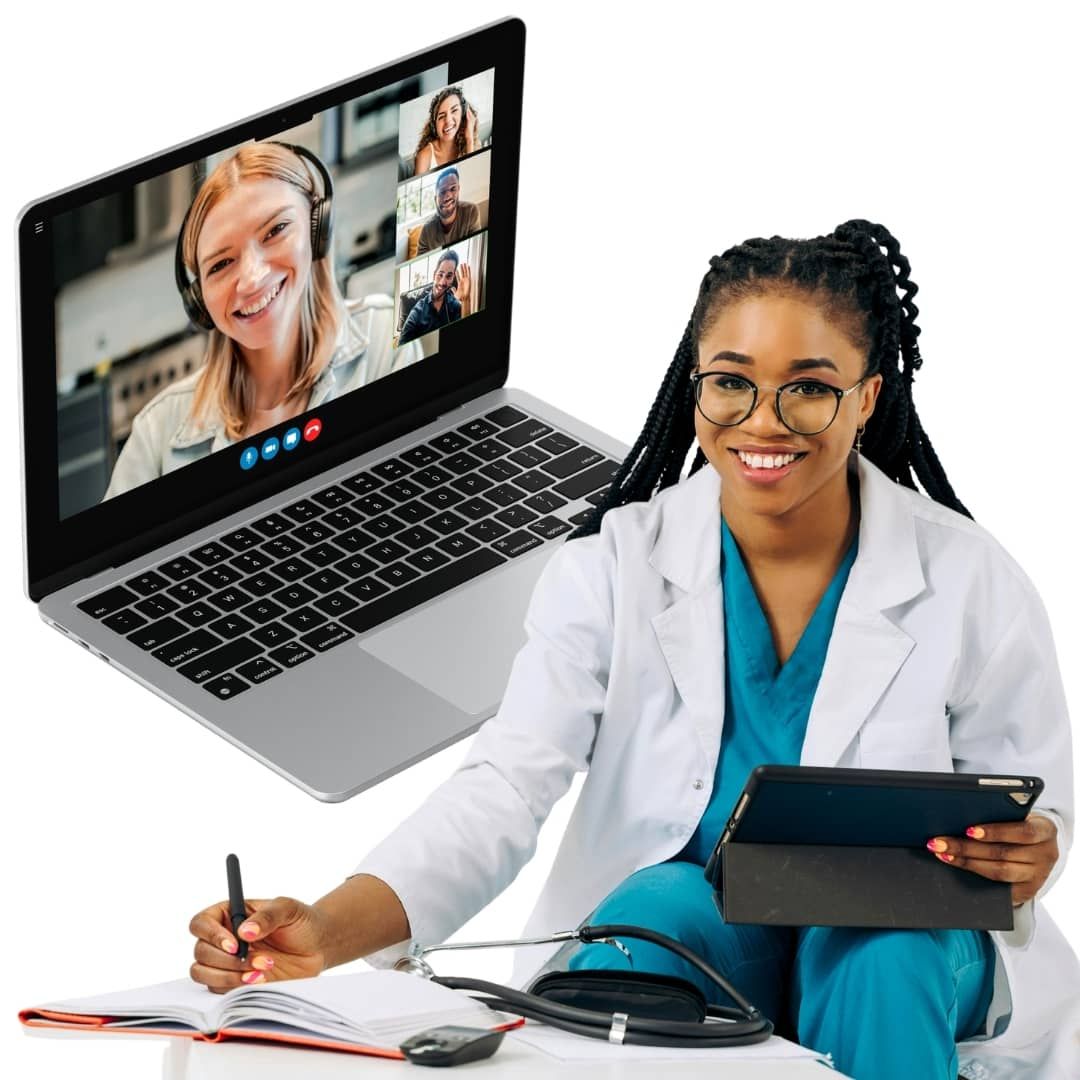Can You Become a Medical Assistant Without School?
Oct 04, 2025
You can become a medical assistant without going through years of college. In fact, many students now choose hands-on training programs that skip general education and focus only on the skills employers want. It’s a faster, smarter way to start working in healthcare, with certification and job readiness built in.
Table of content
- Medical assistant without school is it possible?
- Is it possible to get hired without formal schooling?
- The most realistic paths without going to traditional school
- Why a short, focused program is the smart choice
- Can you become a medical assistant without school? FAQs
- Ready to skip traditional school and still start your career?
Medical assistant without school is it possible?
Students can become medical assistants without going to a traditional college. Many students choose short, career-focused programs that combine theory with practical training to prepare for real healthcare roles.
FHCA’s medical assistant program Orlando teaches what matters most: how to support doctors, assist patients, and understand the basics of clinical care, all without spending years in school.
The difference between traditional school and focused training
Traditional college programs often include unrelated courses and take years to complete, adding time and cost without improving job readiness. Students can review this medical assistant diploma vs certificate comparison to understand why shorter, focused programs, like FHCA’s, are a smarter way to prepare for the job market.
FHCA’s program delivers the essential theory and hands-on training students need to start working with confidence.
Why most employers still expect some education
Medical assistants support doctors, nurses, and patients every day, which requires both clinical and administrative knowledge. In busy healthcare environments, there’s no time to train someone from scratch; employers prefer candidates who already understand the role and are ready to work.
Completing a structured program shows students are serious, well-prepared, and ready to contribute from their very first day.
Is it possible to get hired without formal schooling?
Yes, but it’s less common. Some clinics may train candidates on the job, especially if you have healthcare experience or strong soft skills.
Still, most employers prefer applicants who are already prepared. This guide on how to become a medical assistant shows the steps that make students stand out in a competitive job market.
Rare cases of on-the-job training
Some clinics may provide on-the-job training for candidates with strong soft skills or previous experience in healthcare. But these cases are rare, and opportunities are usually limited to entry-level tasks with less responsibility.
What employers might accept instead of a diploma?
Some employers may consider candidates who have healthcare experience or have passed a national certification exam independently. However, those who complete a formal training program tend to stand out more, especially when we´ve practiced real-world skills in class.
The most realistic paths without going to traditional school
Students don’t need college to become a medical assistant. Short, focused programs can prepare them for certification and help them get hired faster.
Earn a certification through a short program
Many students choose a short training program that leads directly to certification. At FHCA Orlando, the medical assistant program focuses only on what matters: clinical skills, administrative tasks, and preparation for real job settings.
Prepare independently for a national exam
Some candidates decide to study on their own and take a national certification exam without formal training. While possible, this path requires strong discipline and a full understanding of the exam content.
Before deciding, it’s helpful to review the cost of medical assistant certification and compare it with the structured support a formal program offers.
Start in an entry-level healthcare role
If students're not ready to begin a medical assistant program, roles like CNA or home health aide can help them build patient care experience.
These jobs may lead to MA opportunities later on, especially if students combine them with additional training. You can explore more alternative jobs for medical assistants to find a path that fits their starting point.
Why a short, focused program is the smart choice
Completing a career-focused medical assistant program gives students the confidence, skills, and preparation employers look for. It's the fastest and most reliable way to qualify for the job.
Faster certification and job readiness
The program at FHCA is designed to get students certified and job-ready fast. It combines hands-on training with guidance for national exams, so you're prepared to enter the workforce without delays.
Training only in what matters for the role
Medical assistants need specific skills: vital signs, injections, scheduling, patient communication, and electronic health records. That’s exactly what FHCA teaches—no unrelated courses, no wasted time.
Employers prefer candidates with proven skills
When hiring, clinics want to know that students can perform from day one. Having a certificate and clinical experience shows you’re ready. It also gives them an advantage over applicants without training.
Can you become a medical assistant without school? FAQs
Why do most medical assistants choose formal training programs?
Because it prepares them faster for certification and jobs. These programs focus only on real-world skills employers expect.
Can I get hired as an MA without formal training?
Only in rare cases. Most employers expect certification and prior training, especially for clinical duties.
What’s the fastest way to become a medical assistant?
Enroll in a short, job-focused training program and prepare for certification. This path gives students the skills and confidence to start working quickly.
Are short programs better than traditional college degrees?
Yes. If the student's goal is to work fast. These programs are focused, practical, and designed to meet real employer expectations.
How does FHCA Orlando help me start my MA career?
FHCA offers practical training, exam prep, and support from enrollment to job search. Graduates are ready to take on roles across Florida’s healthcare system. Interested in other options? Learn about alternative jobs for medical assistants.
Ready to skip traditional school and still start your career?
Students don’t need a degree to work in healthcare, but you do need training. FHCA’s Medical Assistant Program gives them the skills, support, and certification prep to enter the field with confidence.
From enrollment to employment, FHCA guides the student every step of the way. With hands-on training and expert support, your medical assistant career starts here.
Enroll in our program for medical assistant in Orlando


